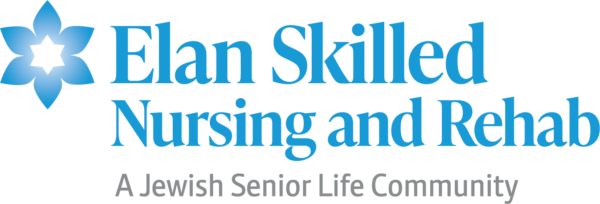The difficult realization that a loved one is suffering from Alzheimer’s disease or another related dementia takes a toll not only on the individual but also on family and friends, whose role quickly transitions to caregiver. As the disease progresses, memory and other important mental functions are affected in ways that can make the individual almost unrecognizable to those closest. Unexpected responsibilities on caregivers can often be overwhelming.
By definition, Alzheimer’s is the most common form of dementia. There is currently no cure for this continually progressive disease that attacks the brain. Researchers continue to explore its cause, but it’s widely believed to be due to the buildup of misfolded proteins between nerve cells, which causes brain damage.
According to the Alzheimer’s Association:
- More than 6 million Americans live with Alzheimer’s and 3 million new cases are diagnosed each year.
- Alzheimer’s is deadlier than breast cancer and prostate cancer combined.
- Fewer than 1 in 5 Americans are familiar with mild cognitive impairment, which can be an early stage of Alzheimer’s.
Memory loss is the hallmark system of these associated dementias. At first, the individual may have difficulty remembering recent events or conversations. Difficulty with organizing thoughts can also be an early sign that only those closest to the individual may notice. Everyone has occasional lapses of memory; we fail to recall a person’s name or we forget what we walked into the next room to retrieve. But, the memory loss associated with dementia becomes more frequent and worsens affecting the ability to function at home, at work, and in social settings.
Over time, you may notice other difficulties with concentrating, multi-tasking, managing finances such as paying bills or balancing the checkbook, making reasonable decisions in everyday situations, and performing familiar tasks that require multiple steps such as cooking or caring for oneself.
Another unfortunate, yet frequent occurrence with dementia is the effect on one’s mood and behaviors. The progressive brain changes can cause depression, withdrawal, mood swings, irritability, aggressiveness, anger, changes in sleeping habits, and wandering. Individuals may also lose their inhibitions and say things that are socially inappropriate or undress in public. Some individuals tend to display sexual disinhibition in public places. They may behave in ways that others find embarrassing and would not have been displayed prior to the disease.
If you are concerned about your memory or thinking skills or those of someone you love, the first step is to contact your primary care physician for an evaluation. Making sure that someone participates in the evaluation who can provide a thorough description of the memory and behavior changes to the health care provider is key in obtaining proper care.
Often, a referral to a specialist, such as a neuropsychiatrist, who are highly specialized experts in the diagnosis of Alzheimer’s and other associated dementias, will offer a definitive diagnosis that includes the stage of progression of the current disease.
Educating yourself on the signs and symptoms, diagnostic options, and resources that are available to assist you in the care of your loved one can better prepare you and decrease your stress. It is important to know that professional, caring and compassionate assistance for you and your loved one is not far away.
Elan Gardens Senior Living has expert memory support professionals and care tailored to each resident. Living in Memory Lane can greatly increase quality of life and delay impairment. Part of our philosophy of “person-centered care” means encouraging personally relevant pastimes and activities, which can maintain and increase levels of functioning.
Our supportive Memory Care environment was designed with special attention to details, aiming to encourage individuals to live with dignity and respect.
Our affiliate facility – Elan Skilled Nursing and Rehabilitation, a Jewish Senior Life Community (formerly known as the Jewish Home of Eastern Pennsylvania) – hosts the Harry & Jeanette Weinberg Alzheimer’s Program, which has a mission to provide optimal care in a secure and comfortable environment.
If you are interested in Memory Care for your family member at Elan Gardens Senior Living, please give us a call at (570) 585-4400.
https://elangardens.org/our-services/sr-memory-care/





